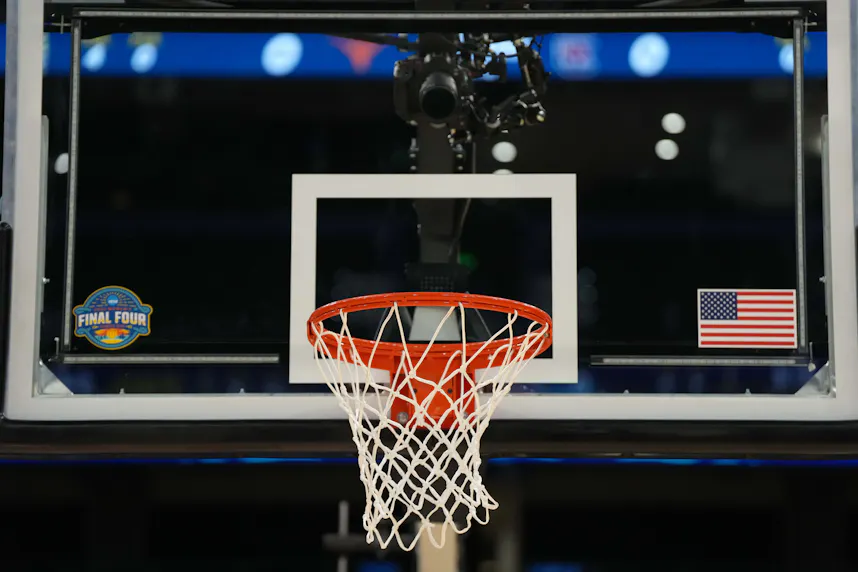NCAA Faces Criticism of New Sports Betting Proposal

Last Updated: June 30, 2025 3:08 PM EDT • 2 minute read X Social Google News Link

Opponents are backlashing a proposal from the NCAA D1 Council to allow student athletes to bet on professional sports.
Opponents have raised red flags on some issues, such as the possibility of a teenager with a six-figure sponsorship deal placing a big bet, leading to the potential for gambling addiction. Critics have also warned of the dangers of financial instability for young players allowed to gamble and the risk of exposure to illegal offshore betting sites.
According to SI, sources close to the discussion believe the proposal may face challenges in getting approval within the D1 Council.
“It’s been hotly debated. This is not a slam dunk,” the source said.
The proposal has also led to more calls for mandatory education on gambling risks, addiction, and financial literacy for student-athletes. Whether this rule is adopted or not, its existence as a proposal underlines the difficulties the NCAA faces in reconciling tradition with the modern world.
If the NCAA D1 Council proposal is approved, the rules won’t change until October and require Divisions II and III approval.
The new policy would still ban any wagering on college sports, and athletes found guilty of doing that would be hit with a lifetime ban. Those favoring the changes have suggested that the old rules were outdated in the current landscape, where sports betting is legal.
“NCAA rules prohibiting sports betting at all levels were written and adopted at a time when sports gambling was largely illegal nationwide. As betting on sports has become more widely accepted across the country, Division I members have determined that further discussion of these sports betting rules is warranted,” said the Illinois athletic director and council chair, Josh Whitman.
Settlement reshapes college sports
The debate over sports betting comes at a time when a major legal decision has shaken the foundations of the NCAA and its grip on amateurism.
A $2.8 billion antitrust settlement, named after Grant House, the former Arizona State swimmer, allows schools to compensate athletes through image and name rights and licensing deals. Division 1 schools will be allowed to share as much as $20.5 million with their athletes every year, which is likely to be funded by higher ticket prices and other fees.
While the decision builds on the additional freedoms that student athletes earned in 2021, it adds a new element as schools can now make direct payments. It also includes $2.7 billion in back pay for athletes who competed under the old rules between 2016 and 2024.

Ziv Chen X social